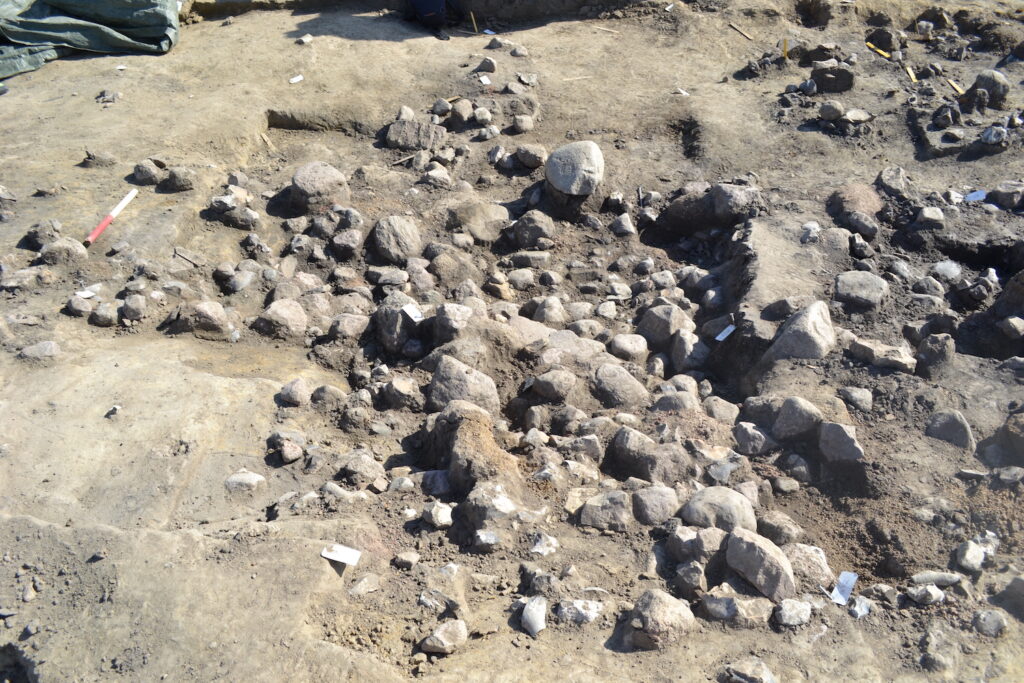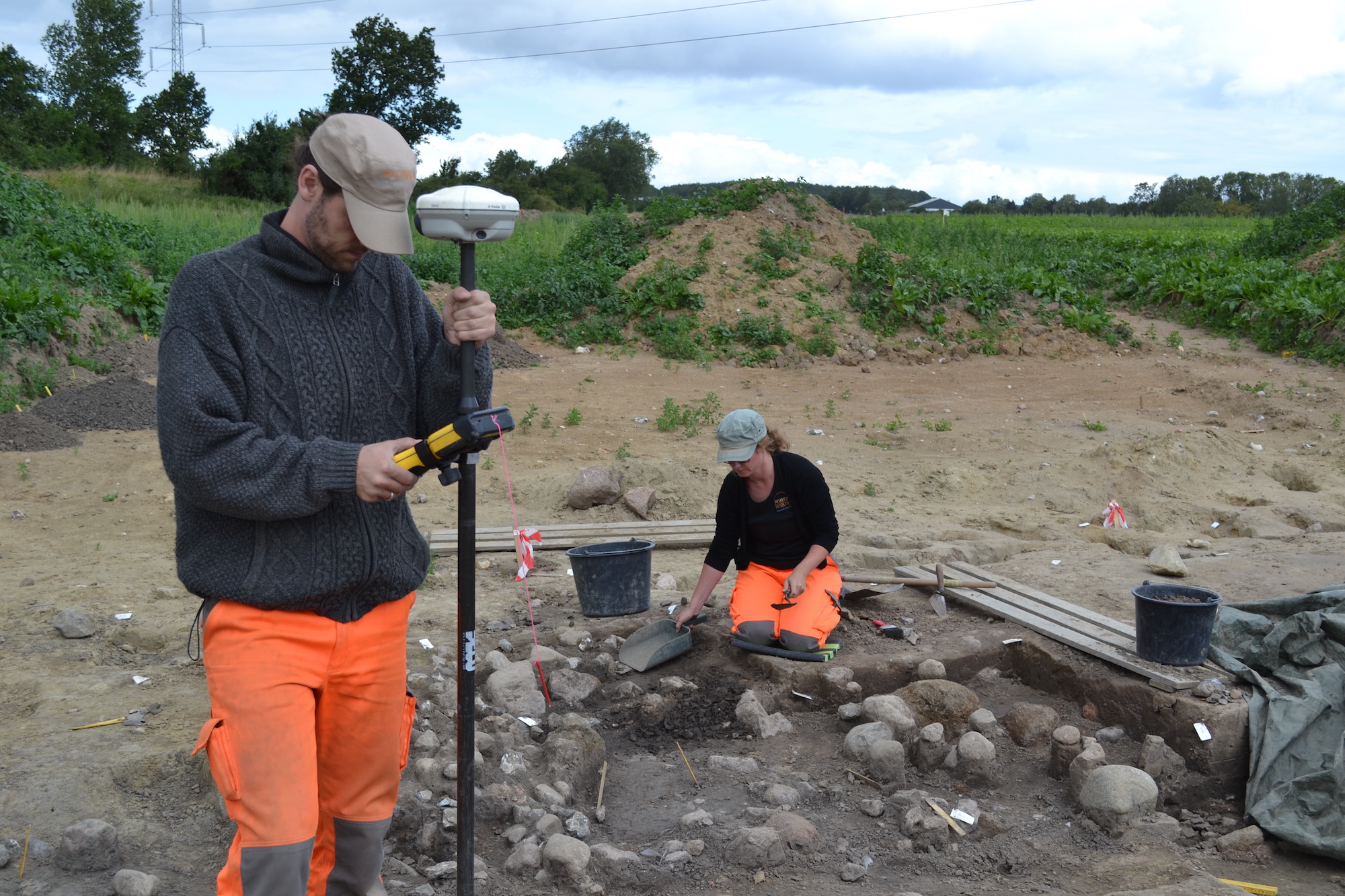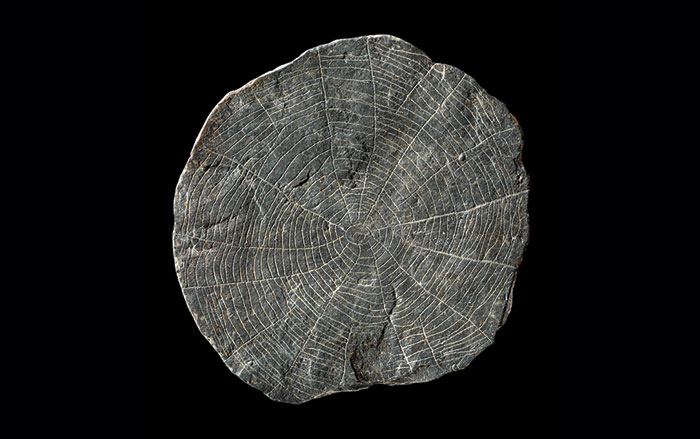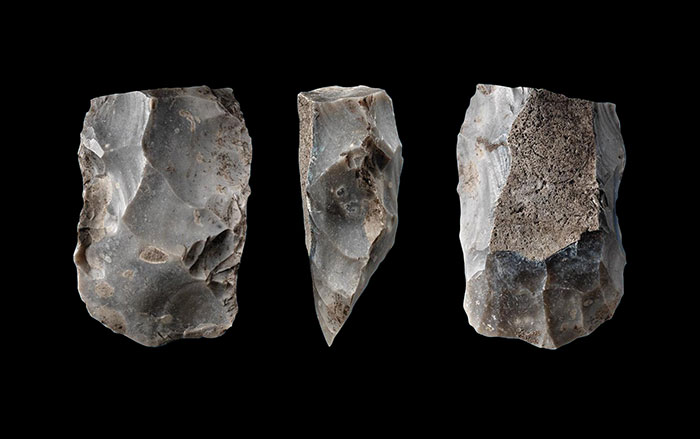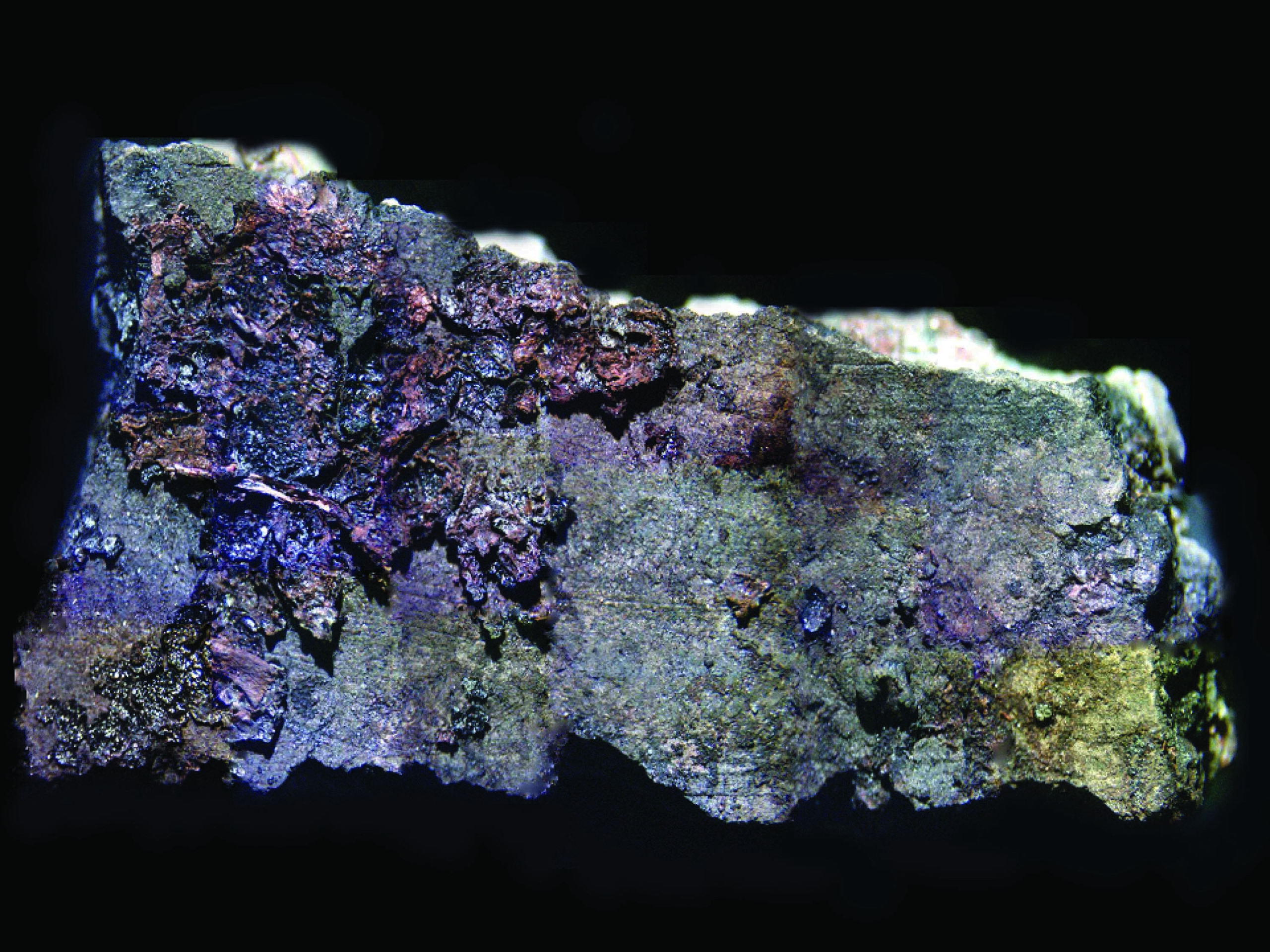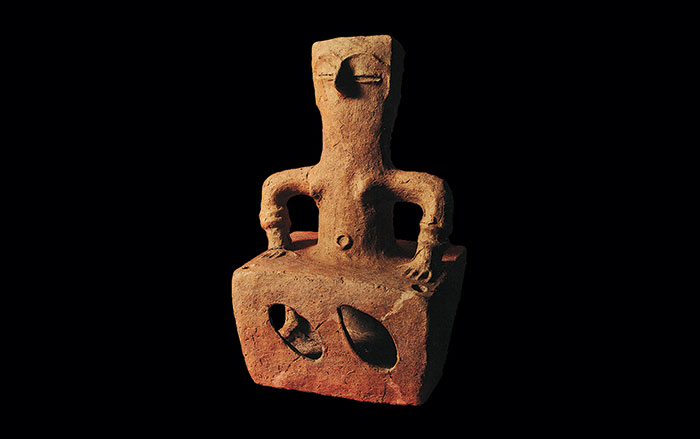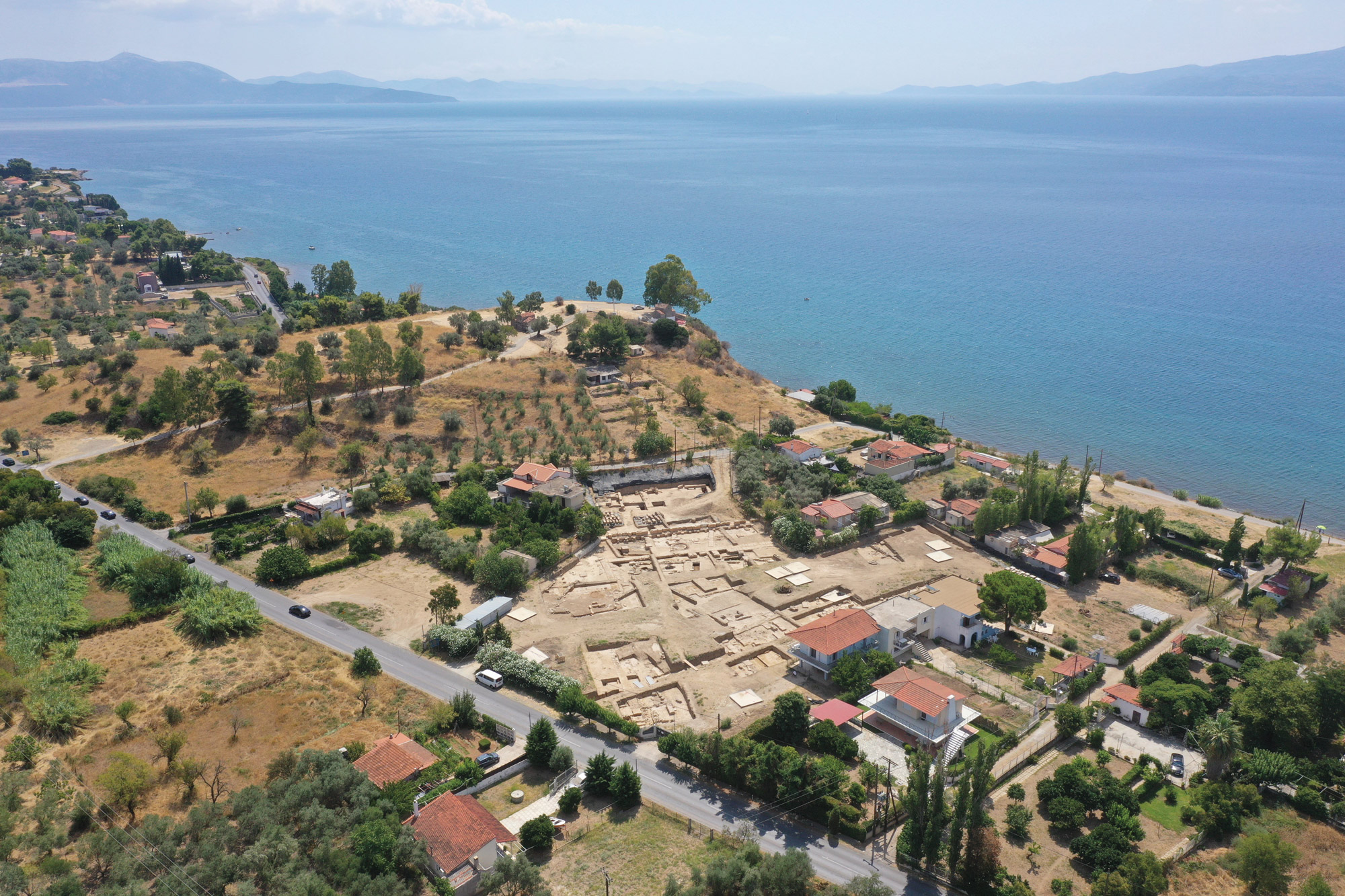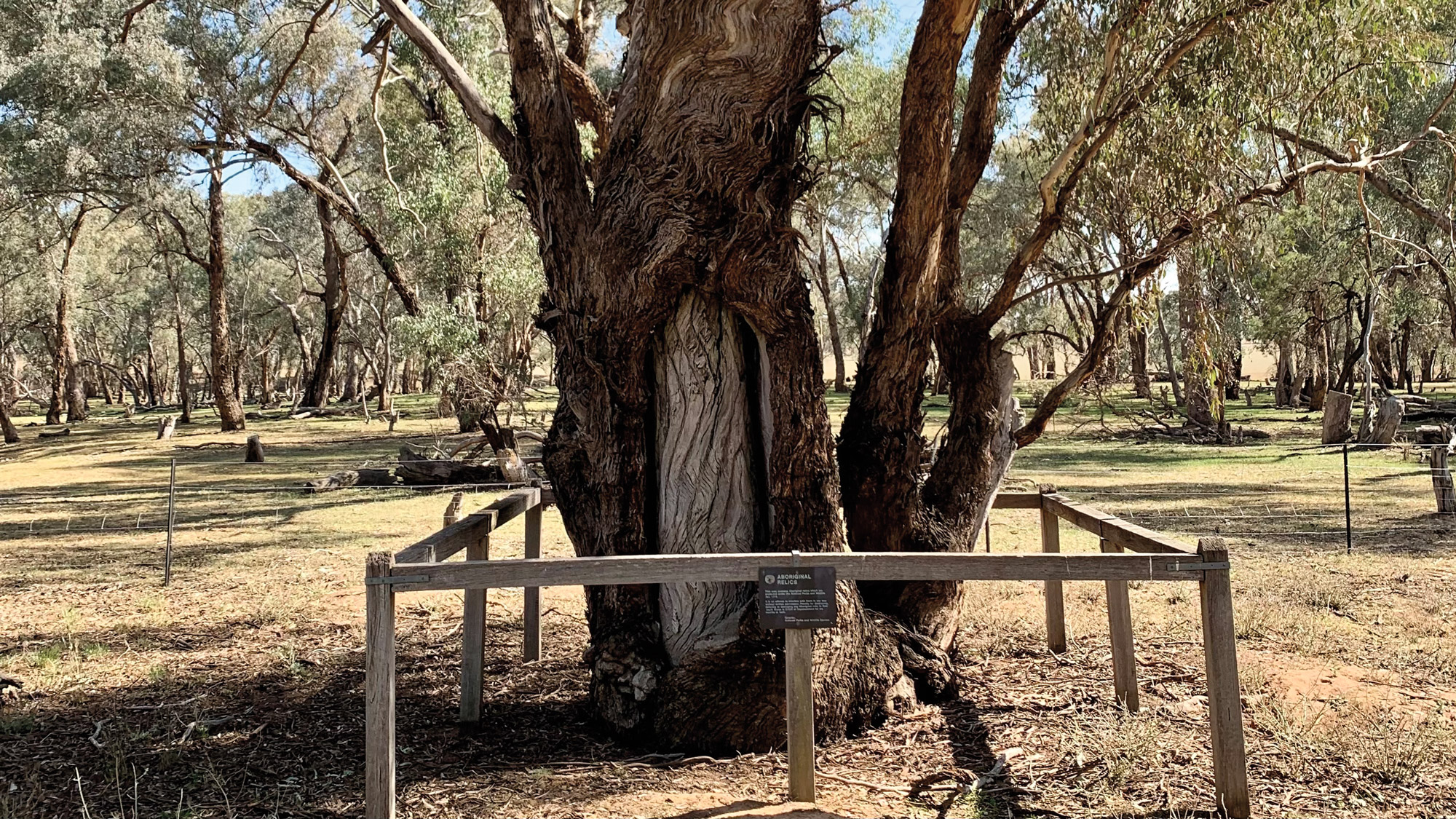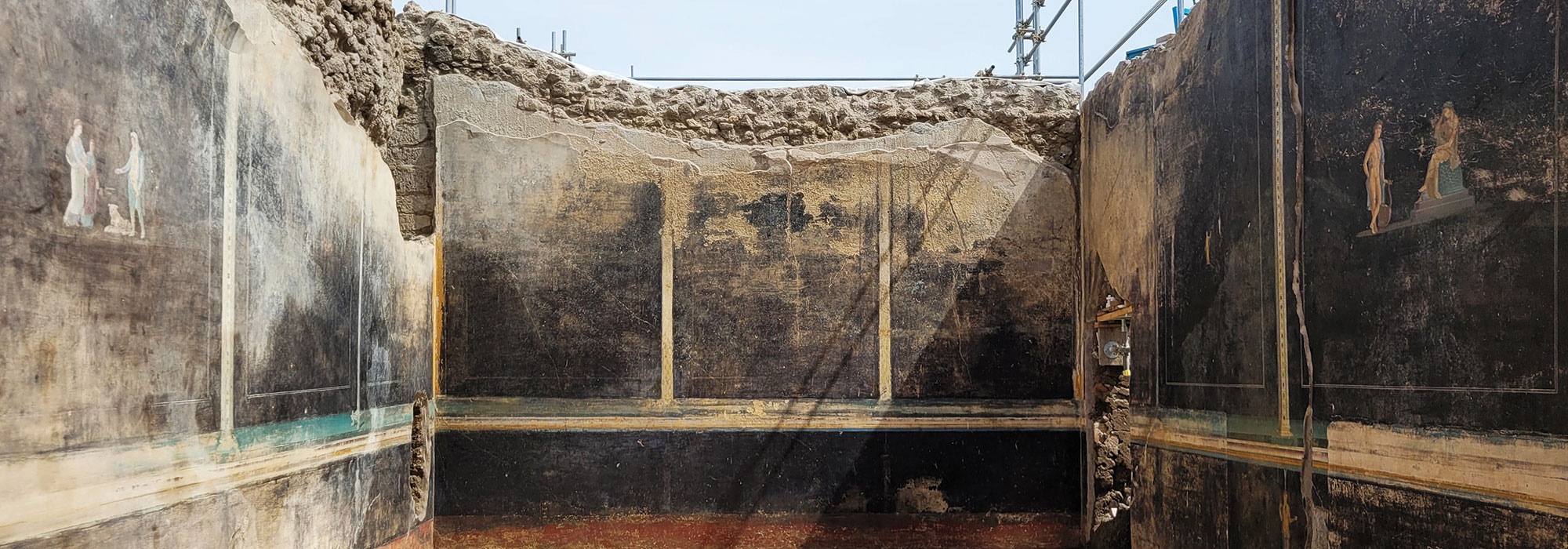ESKILSTRUP, DENMARK—According to a ZME Science report, a stone-paved pit discovered in southern Denmark during work on a railway line has been dated to 5,000 years ago. The pit, which was found at a Funnel Beaker Culture site known as Nygårdsvej 3, measures more than six feet long by five feet wide, and had been dug about one foot below the surface of the ground. The structure is thought to have been used as a cellar to store perishables such as grains, dairy, and meat, perhaps reflected in the burned bone fragments found there. Traces of two houses, including postholes and pits, were also uncovered. The second house overlapped the first, and was constructed shortly after the first fell out of use. Read the original scholarly article about this research in Radiocarbon. To read about traces of spices recovered from 6,000-year-old pottery unearthed in Denmark, go to "The Neolithic Palate."
